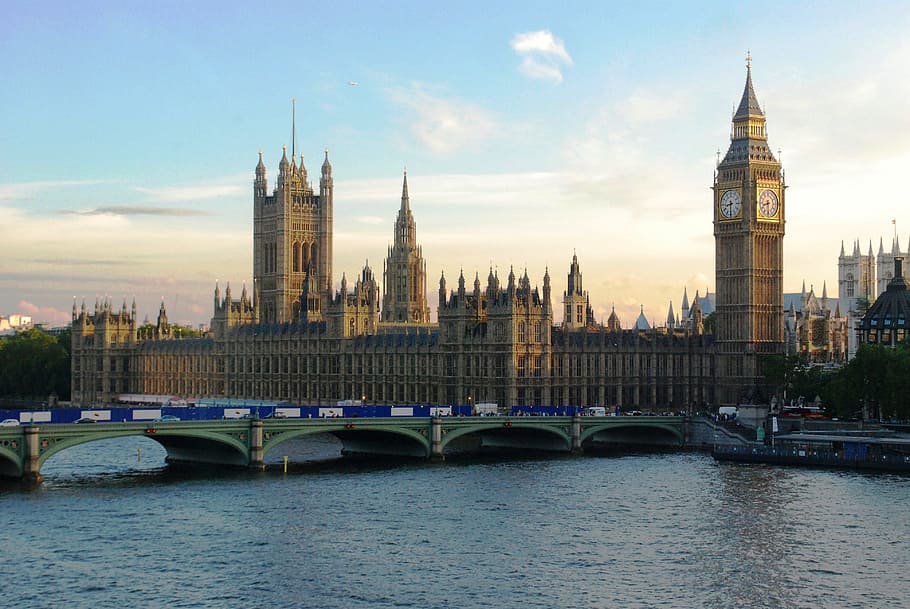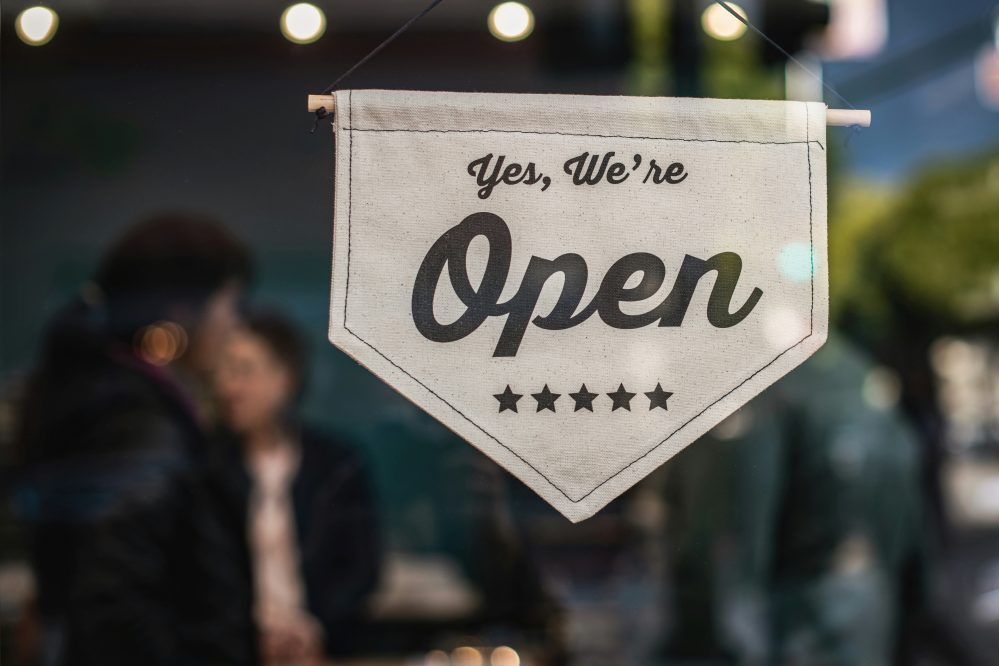Chancellor of the Exchequer Rishi Sunak has announced £1bn worth of additional funding to support businesses hit by the recent spread of the Omicron variant of Covid-19.
With the rise in Covid cases soaring nationwide, devolved governments and the UK government are weighing up new restrictions to maintain public health and protect the NHS.
A large part of the £1bn funding is reserved for leisure and hospitality firms, who can apply for a cash grant worth up to £6,000, dependent on the rateable value of their premises.
Other businesses outside the leisure and hospitality sector affected by incoming restrictions can also apply for alternative grants via the Additional Restrictions Grant, which has also received a boost worth £102m.
How to apply for the Additional Restrictions Grant
The UK government has shared funding for the Additional Restrictions Grant to local councils across the country. Local councils can provide much-needed funds to businesses severely impacted by emerging Covid-19 restrictions. It’s available to firms that incur business rates and those that don’t.
The decision-making has been devolved to local councils, who must determine which applicants to support and how much funding they deserve through the scheme.
The Additional Restrictions Grant is available exclusively to the firms not covered by the main grant schemes.
Local councils are encouraged to support businesses from all industries, although those which are likely to be closed or severely impacted by fresh restrictions may take precedence. You must enquire about the Additional Restrictions Grant with your local council, who will point you in the right direction of the necessary application forms.
Businesses in administration, insolvent or struck off the Companies House register are ineligible for the grant. In addition, those exceeding the permitted subsidy allowance are also ineligible.
What about firms affected by large numbers of staff being ill with Covid?
Chancellor Rishi Sunak confirmed the return of the Statutory Sick Pay Rebate Scheme, enabling employers to claim back Covid-related Statutory Sick Pay (SSP) paid to employees. According to the GOV.UK website, the scheme will be relaunched as of mid-January 2022.
All businesses planning to take advantage of the scheme’s return should keep full records of SSP paid to claim back via HM Revenue and Customs (HMRC). It’s recommended that records should be kept for three years after the date you receive the rebate of your claim. These include the dates your employees were off sick, the ‘qualifying days’ of the SSP rebate, and their reasoning for being off work i.e. Covid-19 symptoms.
Once the claim is submitted, the details will be checked and verified within six working days. Any claims found by HMRC’s investigators to be inaccurate or, worse still, fraudulent will see their rebate withheld. HMRC penalties of up to £3,000 can be dished out to employers knowingly attempting to mislead the tax authorities.
HMRC will get in contact regarding any queries over the claim. It’s not possible to monitor the progress of the claim. However, if it goes beyond ten working days since submitting the claim, you are permitted to contact HMRC for an update.
—
Pall Mall Estates have a wide range of low cost commercial properties across the UK.
Take a look at our available spaces here or get in touch with our experienced team here.







